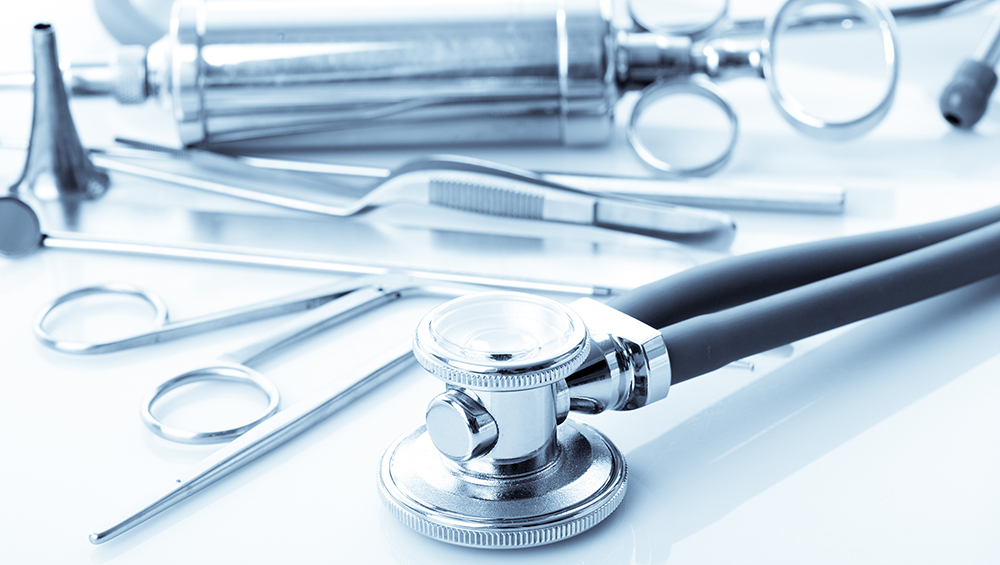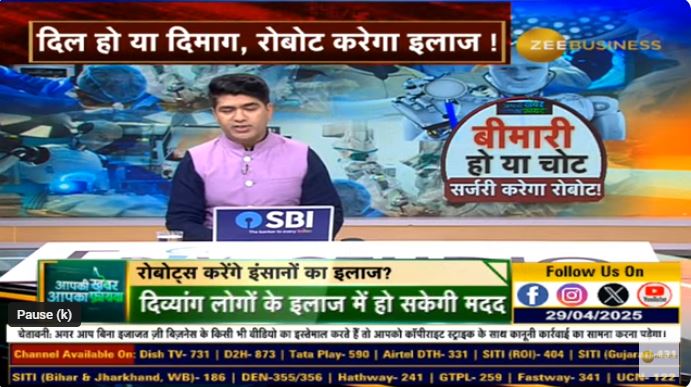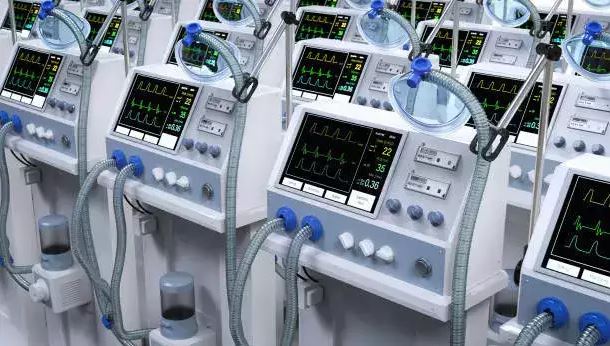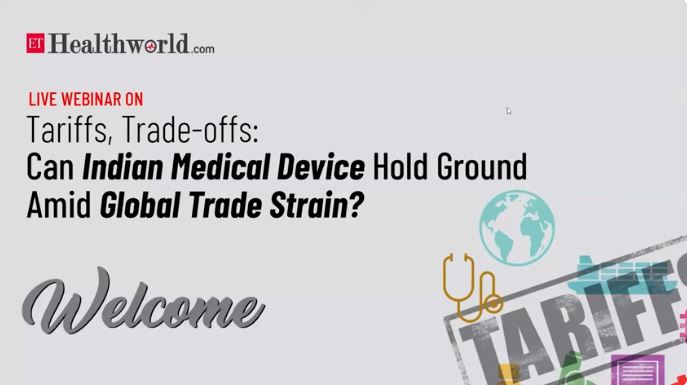Global companies support the Make-in-India program and expect a fair opportunity to contribute to the Indian patients with their global products and have proved their worth time and again
Medical Technology Association of India supports central government’s decision to set up a National Medical Devices Promotion Council (NMDPC) and boost the Medical Device Industry in India.
Suresh Prabhu, The Union Minister of Commerce and Industry and Civil Aviation at the 4th WHO Global Forum on Medical Devices has pointed out that the National Medical Devices Promotion Council (NMDPC), headed by the Secretary, DIPP, would achieve the much needed convergence as medical devices were previously being covered under various Ministries and departments. This will facilitate formulating better regulatory system in the medical devices sector.
Pavan Choudary, Chairman, Medical Technology Association of India (MTaI) said, “Within the overall health ecosystem, medical devices has remained a sector where focused attention is much required. Medical devices are different from other healthcare industries as they develop and grow based on a dynamic innovation and manufacturing ecosystem. Such a system is often born with the help of global legacy technology companies and also allows indigenous entrepreneurs and physicians to create and bring to market local medical technology. We welcome the government’s decision to create a National Medical Devices Promotion Council (NMDPC) to boost the Medical Device Industry and MTaI will help in strengthening this ecosystem.”
The Medical Devices Industry (MDI) plays a critical role in the healthcare ecosystem. The manufacturing and trade in MDI is growing steadily in India. Currently with sufficient manufacturing capacity for low cost low risk devices such as surgical gloves; blood bags; extension lines, stop cocks, some IV access products and syringes, India is yet to see extensive growth spikes in high tech medical devices.
To ensure patient safety, the industry is investing and focusing on constant technological innovation and upgradation. While the medical devices industry has been growing in double digits it is predominantly import-driven for medical devices with imports accounting for over 70% of the domestic market and around 80% for critical-care devices. The setting up of NMDPC will address the issue of expansion of domestic manufacturing for critical-care devices. The NMDPC order mentions about the robust Preferential Market Access (PMA) policy discouraging unfair trade-practices in imports. “Robust tracking mechanisms from the government to streamline all trade practices have always been welcomed by all MTAI member companies. Our member companies strictly abide by stringent Drugs & Cosmetics Act and Tax (transfer pricing) laws,” added Pavan Choudary.
MTAI is looking forward to industry consultation as mentioned in the NMDPC order to set up a robust and dynamic preferential market access policy post industry feedback, trade interventions, emulating global best practices consulting multinational legacy companies. “There is a requirement to bring in regulations which would incentivize global companies to invest in Indian companies through equity or sweat equity. This will not only attract more global companies to invest in India but also as a result lead to increase in FDI.” said Pavan Choudary.
“The last instance being when the current government brought FDI in medical technology on the automatic route on our recommendation and the FDI inflow sky rocketed from $63 million annually to $440 million annually in a span of less than two years”, he added.
Global companies support the Make-in-India program and expect a fair opportunity to contribute to the Indian patients with their global products and have proved their worth time and again.




